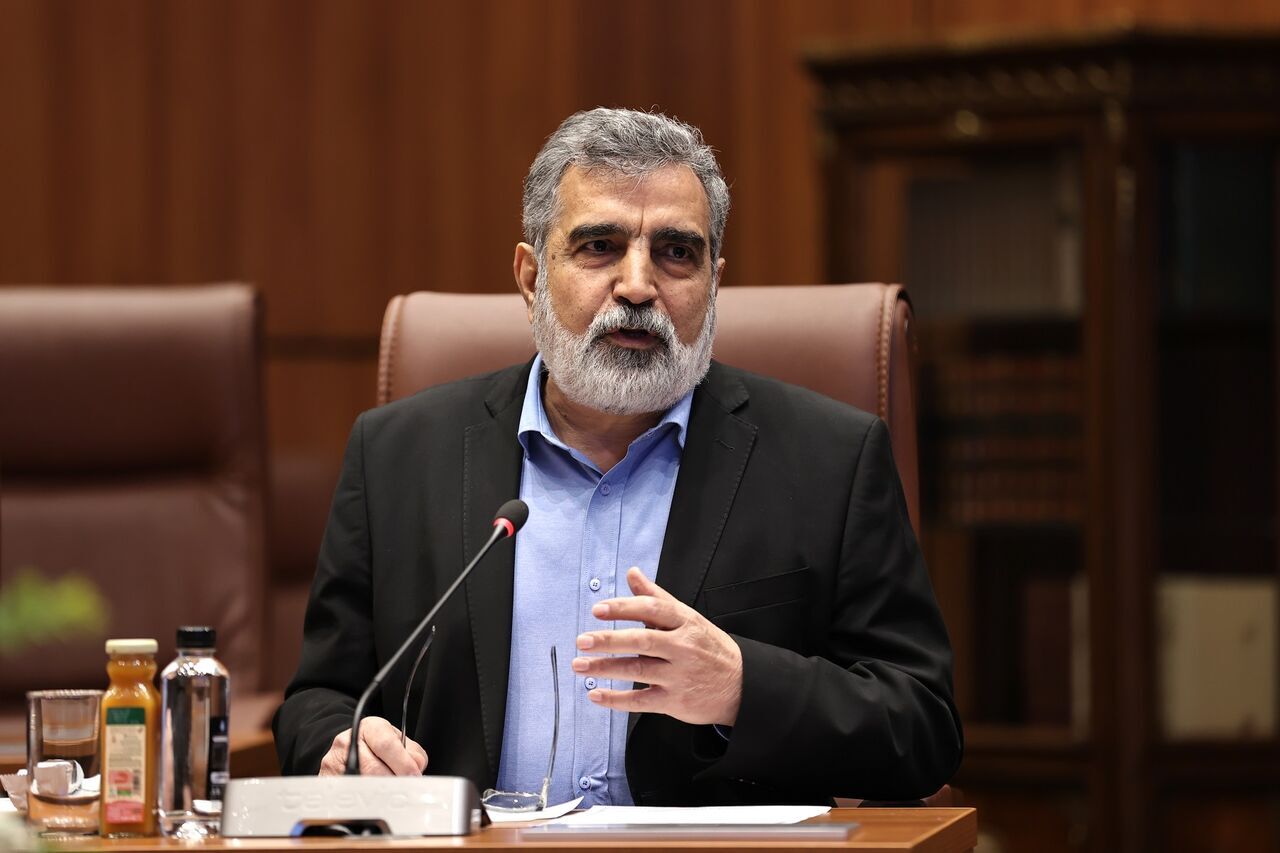
Similar Posts

U.S. and Britain Launch Fresh Strikes in Yemen: Escalating Conflict in the Middle East
On May 3, 2025, the conflict in Yemen intensified as U.S. and British warplanes launched multiple airstrikes across various regions. Notable targets included the city of Madghal in Maarib, Kamran Island, and Al-Salif in Al-Hodeidah, with Madghal being struck six times. Additional strikes occurred in Sanaa, al-Jawf, and Amran, including three bombings in Harf Sufyan and eight in Khab and Al-Sha’af. While reports on casualties and damage are not yet confirmed, the situation remains dynamic, and further updates are expected regarding the implications of these military actions.
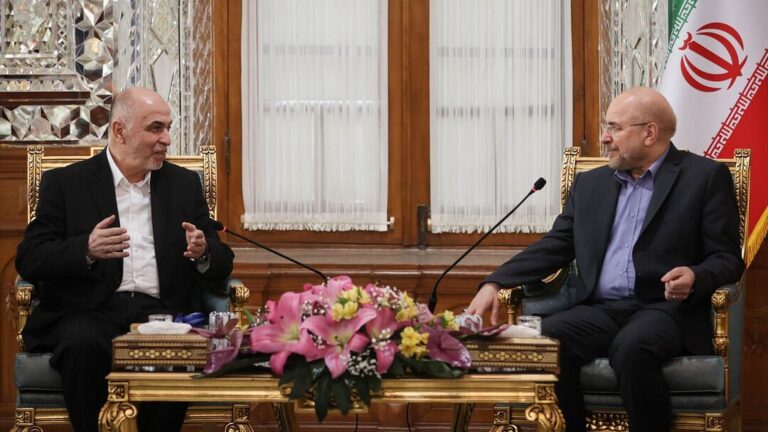
Iranian Speaker Declares Al Aqsa Storm Operation Shatters Israel’s Illusion of Invincibility
Iran’s Parliament Speaker Mohammad Baqer Qalibaf declared the Al Aqsa Storm Operation a crucial moment in altering the perception of Israeli invincibility. Speaking to Hamas leaders in Tehran, he noted that for over 75 years, Zionists have sought to project strength, but the October 7 operation has countered this narrative. Qalibaf criticized U.S. plans for Gaza resettlement, asserting Palestinian rights to self-determination. Hamas chairman Muhammad Ismail Darwish emphasized the operation’s demonstration of resilience, despite limited weaponry, and highlighted that the recent ceasefire reflects a defeat for Israel, despite its U.S. military support.
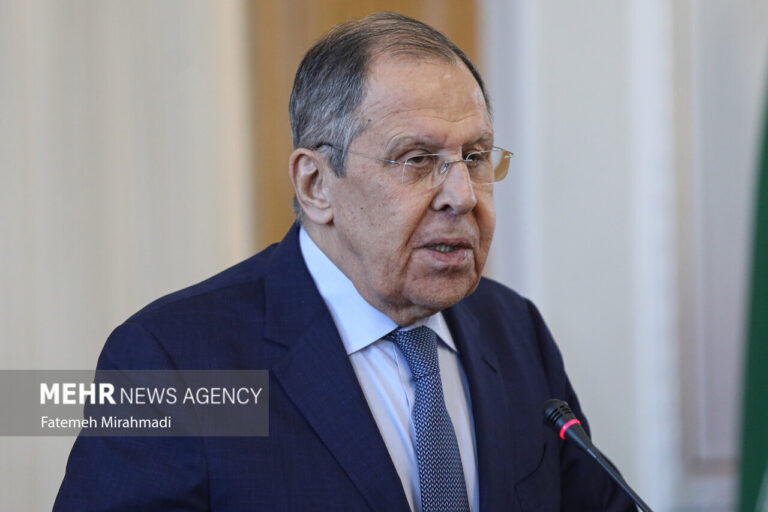
Russia Advocates for JCPOA Revival, Dismisses US Push for New Iran Agreement
Russian Foreign Minister Sergei Lavrov has reiterated Moscow’s commitment to restoring the 2015 nuclear agreement with Iran, known as the Joint Comprehensive Plan of Action (JCPOA). In a recent interview, he discussed ongoing negotiations with the U.S. and European nations, emphasizing the importance of reinstating the original deal from which the U.S. withdrew in 2018. Lavrov criticized the U.S. for attempting to link a new nuclear deal to Iran’s support for resistance groups in the Middle East, asserting that such conditions are unacceptable. He highlighted Russia’s role in facilitating dialogue among key global players to achieve a resolution that ensures regional stability.
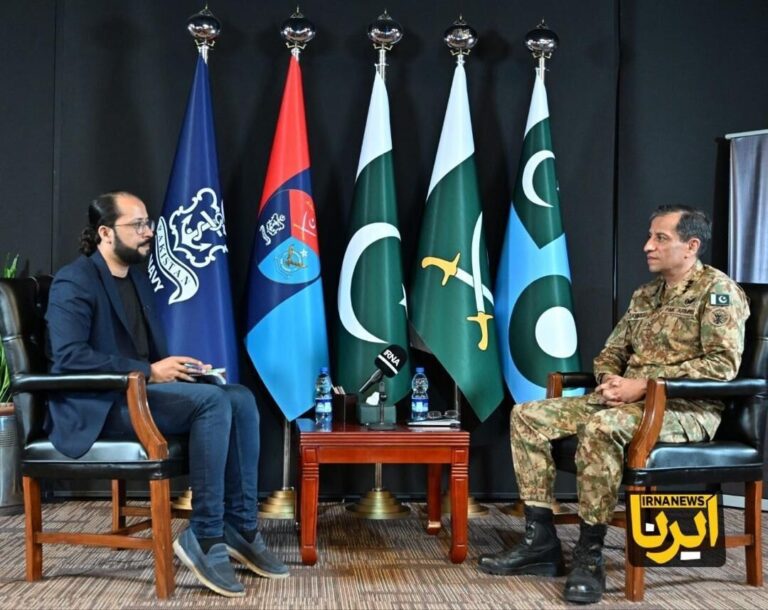
Pakistan Praises Iran’s Diplomatic Efforts: Exclusive Insights from Military Spokesperson
In an exclusive interview, ISPR Director General Lt. General Ahmad Sharif Chaudhry emphasized the importance of diplomacy in reducing tensions in South Asia, particularly during the recent visit of the Iranian Foreign Minister to Islamabad. He praised Iran’s proactive role in de-escalation and expressed gratitude for the support from the international community. Chaudhry highlighted the historical ties between Iran and Pakistan, stating that both nations are committed to establishing peaceful borders and working together for regional stability. He warned against external forces attempting to create discord among friendly nations, underlining the necessity of continuous diplomatic engagement.
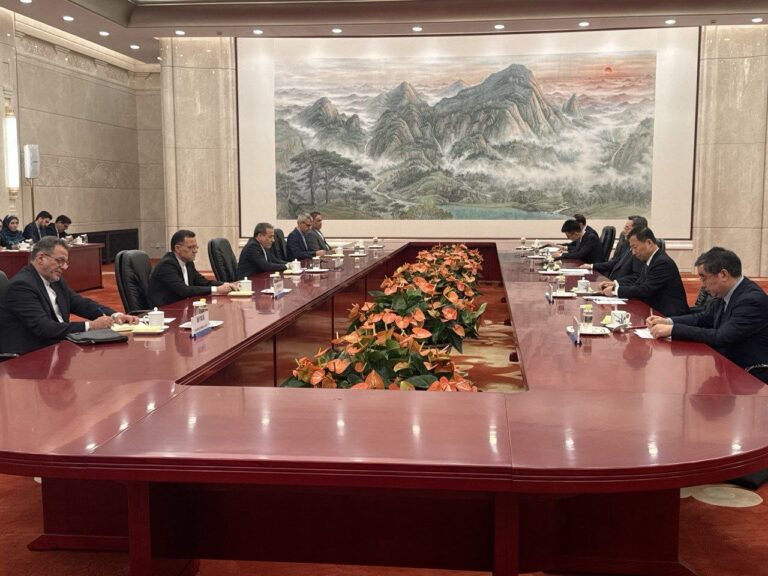
Iran and China Strengthen Strategic Alliance Through High-Level Diplomatic Talks
Iran’s Foreign Minister Seyed Abbas Araghchi visited Beijing, meeting with First Vice Premier Ding Xuexiang to discuss the Comprehensive Strategic Partnership. They reviewed Iran-China cooperation and strategies to implement a 25-year cooperation program. Araghchi emphasized China’s role as a strategic ally, advocating for increased bilateral and multilateral collaboration, particularly within the Shanghai Cooperation Organization and BRICS. He condemned the violence in Palestine and US actions in Yemen, urging international accountability. Xuexiang acknowledged the growth of Iran-China relations, highlighting mutual trust and shared interests, and expressed support for Iran’s nuclear negotiations. The meeting reinforced their commitment to a cooperative future.
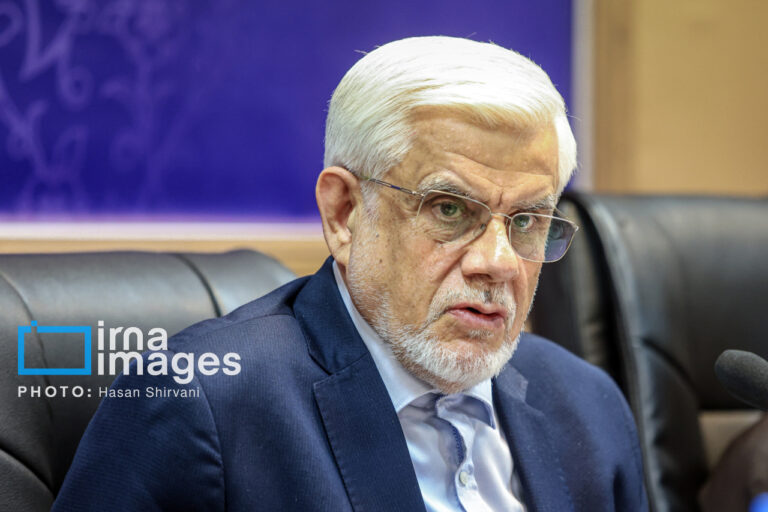
Vice President Declares: Nuclear Weapons Unnecessary for Iran’s Defense Strategy
In a recent interview, Iran’s First Vice President Mohammad-Reza Aref reiterated that the country’s nuclear program is entirely peaceful, emphasizing that nuclear weapons have no place in its defense strategy. He affirmed Iran’s commitment to peaceful nuclear activities and highlighted the importance of mutual respect in negotiations with the U.S. Aref expressed optimism regarding ongoing indirect talks, suggesting they could lead to significant developments, including sanctions relief. He stressed the Iranian government’s dedication to diplomacy and cooperation while rejecting unfair demands. The talks, facilitated by Oman, continue as the global community seeks a peaceful resolution in the region.